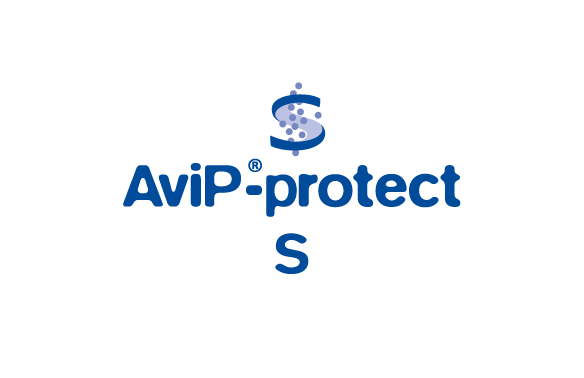Abstract
Enterocytes exert an absorptive and protective function in the intestine, and they encounter many different challenging factors such as feed, bacteria, and parasites. An intestinal epithelial in vitro model can help to understand how enterocytes are affected by these factors and contribute to the development of strategies against pathogens.
The present study describes a novel method to culture and maintain primary chicken enterocytes and their characterization by immunofluorescence and biomolecular approaches. Starting from 19-day-old chicken embryos it was possible to isolate viable intestinal cell aggregates that can expand and produce a self-maintaining intestinal epithelial cell population that survives until 12 days in culture. These cells resulted positive in immunofluorescence to Cytokeratin 18, Zonula occludens 1, Villin, and Occludin that are common intestinal epithelial markers, and negative to Vimentin that is expressed by endothelial cells. Cells were cultured also on Transwell® permeable supports and transepithelial electrical resistance, was measured. This value gradually increased reaching 64 Ω*cm2 7 days after seeding and it remained stable until day 12.
Based on these results it was confirmed that it is possible to isolate and maintain chicken intestinal epithelial cells in culture and that they can be suitable as in vitro intestinal model for further studies.For more information: marketing@vetagro.comRead the full text here.









